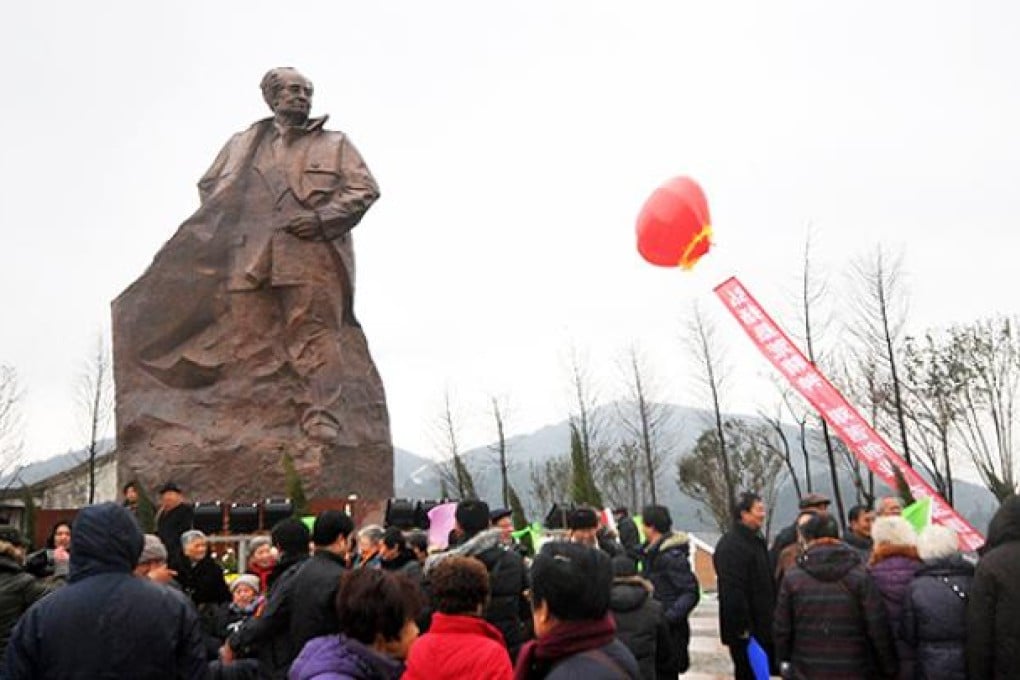Statue built to reformer whose death sparked Tiananmen
A statue of former Chinese Communist Party chief Hu Yaobang, a reformer whose death sparked the Tiananmen Square democracy protests, has been set up in a coastal city.

A statue of former Chinese Communist Party chief Hu Yaobang, a reformer whose death sparked the Tiananmen Square democracy protests, has been set up in a coastal city, state media reported on Monday.
The bronze image, depicting Hu looking into the distance, was unveiled on Sunday on Dachen island at Taizhou in the central province of Zhejiang, according to a brief article in the China Youth Daily newspaper.
Hu in 1956 had issued a call for the agricultural development of the island when he was first secretary of the Communist Youth League, the paper reported.
But Hu remains a sensitive figure in China nearly 24 years after his death in 1989 and is a symbol for those who hope China’s new leaders will pursue more political openness.
He was dismissed as party head in 1987 after he allowed students in Beijing to hold protest marches calling for democratic reforms. Those rallies erupted again after he died, culminating in a massacre on the night of June 3-4.
Joseph Cheng, a political analyst at the Chinese University of Hong Kong, said it was rare for a statue of Hu to be set up and he knew of only one other.
“He is still controversial,” Cheng told reporters. “The reformers would like to appeal to Hu Yaobang as part of their campaign to appeal for reforms.”